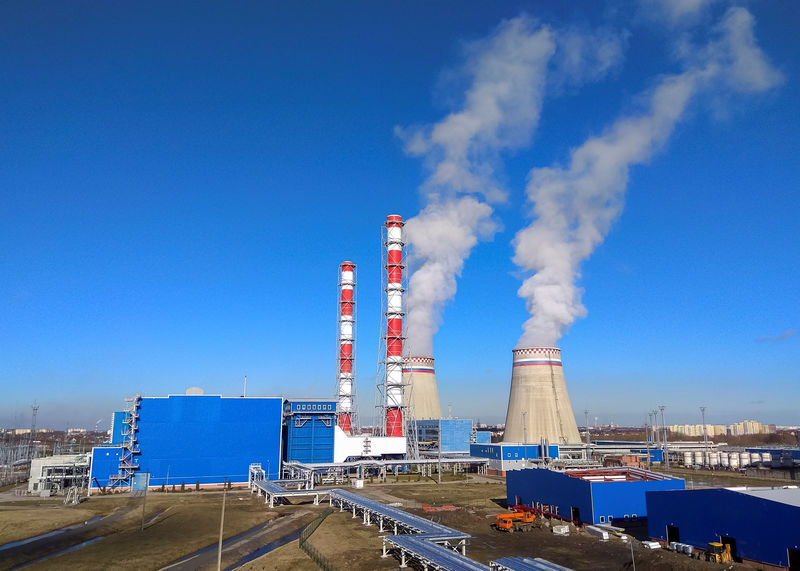By Anastasia Lyrchikova
KALININGRAD, Russia (Reuters) - Russia launched a new power plant on Wednesday to help make its Kaliningrad exclave in Europe self-reliant, as its European Union neighbors seek to unplug their power grids from Russia.
Kaliningrad has no border with mainland Russia and has relied on its neighbor Lithuania, which in turn imports power from mainland Russia.
But Lithuania, along with fellow European Union member states in the Baltic, Estonia and Latvia, plans to unplug itself from Russian power and integrate instead into the EU grid by 2025.
European diplomats say this disentangling of power grids creates the potential for a political flare-up between Russia and the EU. If any unforeseen events result in Kaliningrad having its power supply disrupted, Russia could perceive that as a hostile act by EU states.
The critical phase was due later this year when Baltic states were set to begin testing unplugging themselves from the Russian grid, but those tests have been postponed and no new date agreed.
Russia is to conduct its own test, by temporarily unplugging Kaliningrad from neighboring states, in May this year, Deputy Prime Minister Dmitry Kozak told reporters in Kaliningrad on Wednesday.
Kozak said the Baltics have told Russia they will conduct their test after Kaliningrad has conducted its own test.
Russian state energy holding InterRAO on Wednesday announced the launch of the Pregolsky gas-powered station which, with a capacity of 455.2 megawatts is the largest of four stations Moscow hopes will make Kaliningrad self-sufficient.
The Mayakovskaya and Talakhovskaya plants, which are also gas powered and have a combined power of 312 megawatts, went online in March last year.
The fourth - the coal-powered Primorsky plant - should be completed in 2020, and will function as a backup plant. The stations will have a combined capacity of around 1 gigawatt.
"The region will become fully energy independent once the construction of the reserve Primorsky thermal power station is completed," InterRAO cited its head, Boris Kovalchuk, as saying.
The 100 billion rouble project is financed by state holding company Rosneftegaz, which is funded by dividends from energy giants Gazprom (MCX:GAZP) and Rosneft.
